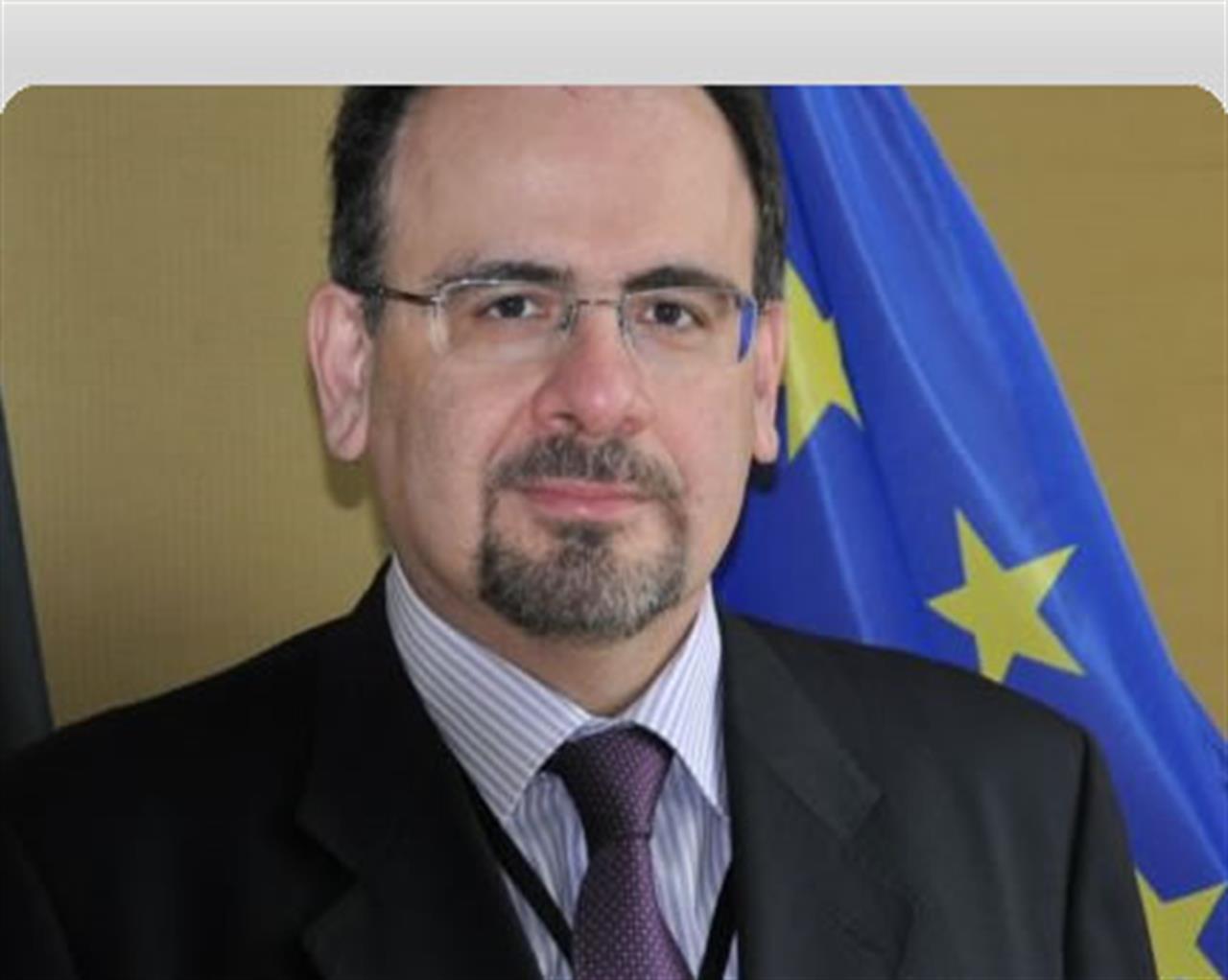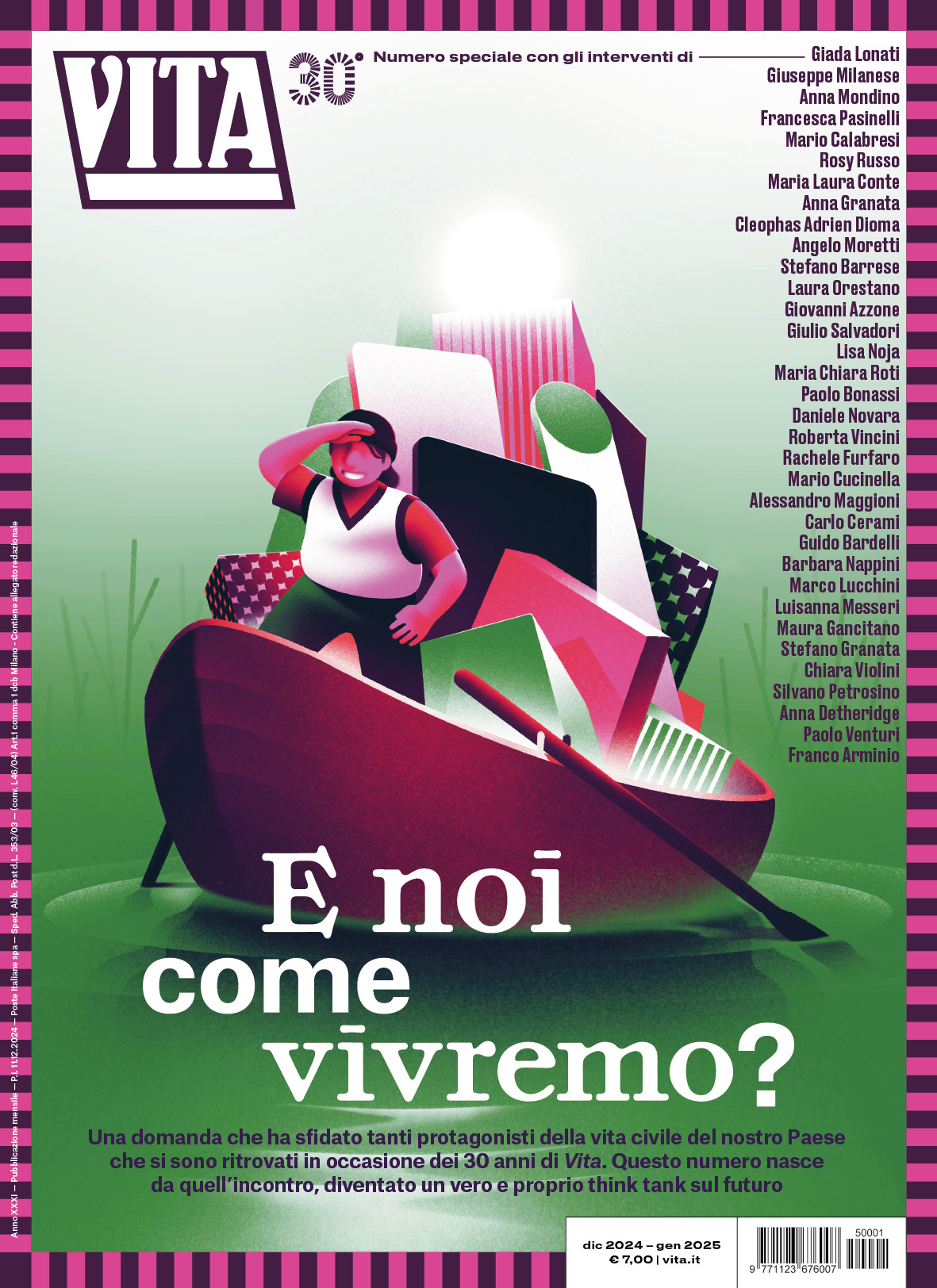Politica
Volunteers for ‘Mare Nostrum’
Luca Jahier calls on the third sector to pool forces and create a Mediterranean Volunteering corps
di Staff

By Luca Jahier – President of the National Council of Acli (Christian Associations of Italian Workers) and President, Group III, European Economic and Social Committe (EESC).
Looking at Italy’s history, we cannot forget how important it was, especially in the seventies and eighties, that so many people left to go abroad as missionaries and volunteers. In the first 25 years after Focsiv – the Federation of Christian Organizations for International Volunteering Service – was founded we had counted over 15 thousand people who had volunteered for at least two yeas in the South of the world. Unfortunately this phenomenon progressively diminished during the course of the nineties.
In spite of the crisis we are living at present, I am still convinced that daring to put forward proposals that are strong and have much value and that push us farther can bring a tenfold return in terms of energy and passion which are vital for our country.
So here is the proposal, which looks to the incredible phenomenon that has overwhelmed us all in just a few weeks and which sees the squares of all the Arab world alive with the unprecedented protagonism of young people, women and many others.
I propose that the Italian volunteering sector immediately commits to launch a corps of Mediterranean Volunteers, made up of at least two thousand people, half of whom European, half of whom from the southern Mediterranean coasts. That the many immigrants who live and work in our country and who come from the Mediterranean be involved as active protagonists. That solid projects be developed in the fields of solidarity, cultural exchange, commitment to sport, recreation, civic and democratic action, in organizing micro- enterprises for young people and for the many people that don’t have a job or who lost their jobs due to the economic crisis. That this become a tangible signal indicating a means of being part of a process of democratic renewal which, in one way or other, will change the scenarios unravelling close to home, as it was for the fall of the Berlin wall in 1989.
I believe the Italian voluntary sector has expertise, resources and enough generosity to take the leadership of this project and I think it will find attentive interlocutors from the start. For example, Antonio Marzano, President of Cnel (National Council of the Economy and Labour), who last December hosted and chaired, together with the EESC, the launch of a new body which links the Economic and Social Committees of the Mediterranean as a space for civil dialogue. For example, the Minister for Foreign Affairs, Franco Frattini, who has recently urged the EU to launch a Marshall Plan for the Mediterranean. Or the President of the Republic of Italy, Napolitano, who has always been open minded and will certainly not be afraid to be involved in a project which hinges on the protagonism of young people and volunteers of all ages.
Only two recommendations. Firstly, the voluntary sector should not give in to the temptation of waiting for a government decision and for new funding before launching the project. There are the (few) funds from the civil service, I think funds can be asked from the many existing foundations and I think that a project of this kind could find large public consensus, and could thus raise funds specifically and perhaps also the direct personal investment by many volunteers and local associations.
Secondly, let’s not spend too long defining structures, responsibilities and secretaries exactly. Let the larger volunteering associations establish a group to promote the idea and begin. It could be a good opportunity for the European Year for Volunteering and one which calls on Italy’s creativity.
(Translation by Cristina Barbetta)
17 centesimi al giorno sono troppi?
Poco più di un euro a settimana, un caffè al bar o forse meno. 60 euro l’anno per tutti i contenuti di VITA, gli articoli online senza pubblicità, i magazine, le newsletter, i podcast, le infografiche e i libri digitali. Ma soprattutto per aiutarci a raccontare il sociale con sempre maggiore forza e incisività.
